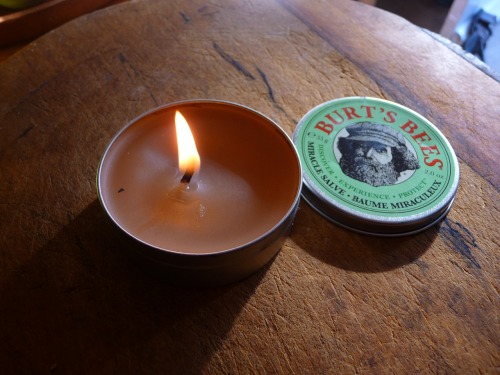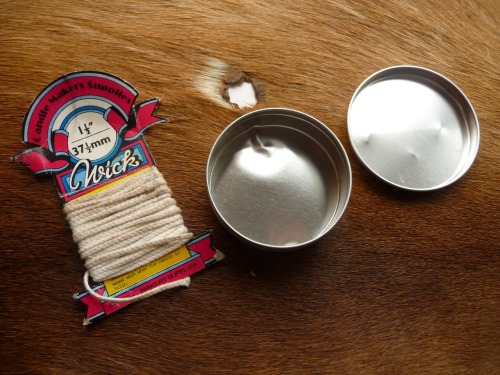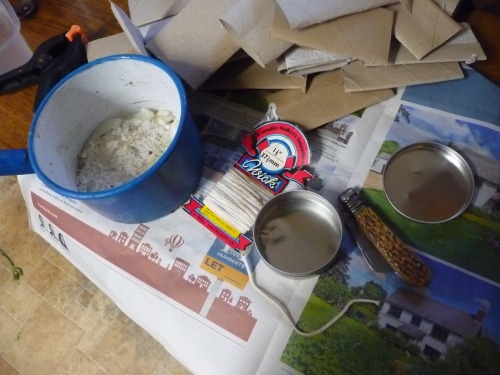#candlewick
Hypable
Hi Rafi.
It’s Monday, November 27, 2000. You just got off the phone with Dad and a weight has lifted. He told you he didn’t like how Saturday’s conversation ended because he never explicitly said that nothing’s changed; he didn’t say, “I love you.” He wanted to make sure you knew.
You did, but hearing it makes all the difference. That creeping first regret at coming out evaporates. It’s done. Everyone at college knows; now your parents know too and it’s cool. You’re done.
You’re not. It will be years before you even realize you hide this fact of you in small ways from anyone you meet. You try to act straighter than you are. You take comfort in your own natural masculinity, thinking you’re one of the lucky ones, not understanding how destructive that mindset is. You’ll avoid Pride, telling yourself it’s not your scene. You will actually think having pride in your own self is a scene.
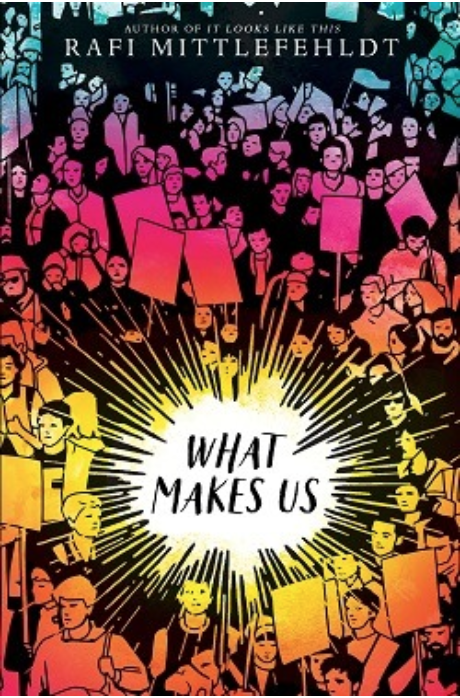
This is the misery of internalized homophobia: Each tiny step is a battle you don’t even know you’re fighting until it’s behind you. You’re never really sure whether it’s over or another invisible battle is just gearing up.
You’ll get there, but, kiddo, it will be years. Part of that will be through your writing. Writing helps you learn so much about yourself that is there, right in front of you, but obscured behind decades of wall-building. This is how your first book will come to be.
And then, when you’ve finally, truly gotten to a point of fearlessness with one part of your identity, you’ll find you’ve been discounting another.
Remember in high school, those two kids who got in the habit of using “jewed” as a verb? They would turn to you afterwards and sheepishly apologize, every time. You would tell them you didn’t care. The worst part: you didn’t.
At an Italian restaurant, you told your friends two awful jokes. Later, the manager handed you a napkin. The family seated next to you had overheard and written you a note. They didn’t know you were Jewish too, but did that matter? You still think about their kids. They looked like they were maybe eight or ten. Do they still think about it, twenty years later?
You will.
How Jewish have you ever felt? You’ve always held that identity at arm’s length. You will continue to do that for years and years.
Then there will be an election you aren’t prepared for.
Suddenly, Jews will become more explicitly targeted than you – you, personally – have lived through. Hate crimes will increase exponentially. People carrying swastika flags will march down the street and you will think, Where did they come from?, not yet getting that they were always there.
On a Friday evening in October, a man will storm into a Pittsburgh synagogue during Shabbat services. As he shoots eleven people to death, he will shout, “All Jews must die!”
On Saturday, everyone will start adding a frame to their profile photos. Six interlocking arms forming the Star of David, with the words: “Together Against Antisemitism.” Something will finally click.
You’ll know what that frame is. You’ll know you’re supposed to feel comforted seeing so many non-Jews tell us we aren’t alone in our horror. That you’re supposed to look at those frames and see empathy, support, kinship, allyship.
You will hate those frames. They’re better than nothing, but only just. What you see instead of allyship is a way for people to provide cover for themselves. How many of the people who set their temporary profile photos engage in casual antisemitism regularly?
You will come to understand the architecture of liberal antisemitism. That it exists because too many liberals don’t view Jews as a legitimate marginalized people. They see the power dynamic within Israel, between Israelis and Palestinians, and extrapolate that to the Jewish diaspora in America.
They will say Israel should cease to exist. They will say the Star of David should be banned. They will make sly references to the power Jews hold, furtive allusions to money or loyalty or globalism. You will think a lot about how enduring anti-Jewish tropes are, even for people who pride themselves in their enlightenment.
You will call out casual antisemitism when you see it, and immediately be labeled a Netanyahu apologist. You will never again feel comfortable criticizing fellow progressives without first making clear your positions on racist Israeli policy. This will baffle you. It shouldn’t. You are an Israeli Jew, so what’s the point of nuance?
When they finally understand your beliefs are aligned with theirs, they will tell you you’re too sensitive. They, white non-Jews, will explain to you what antisemitism is. It’s Pittsburgh you should be focused on. It’s Trump. They will define thresholds that allow them to see their remarks, perversely, as a tool of social justice. They will use euphemisms – “confrontational language” and “justified criticism” – to make their antisemitism more palatable to their own consciences. You will learn what fraudulent progressivism looks like.
You will realize one day that white right-wing anti-Semites kill Jews, but only because white liberal anti-Semites give them cover to believe our lives are worth less.
You’ll write a second book. It will, to your great shame, need prodding from other people to become as Jewish as it obviously should have been. But a round of editing will take you from hating this book to loving it. It will end up meaning so much more to you than you ever expected. It will become a reflection of things you felt but couldn’t yet name.
It won’t be near enough. You’ll read the final version and be… content. It will stick to capturing right-wing antisemitism. Because that’s more violent, because it’s more urgent and orders of magnitude more deadly.
But there will be so much more you want to say. Words you left between the lines, for those who care to find them. But between the lines is a poor substitute for black and white.
You’ll get there. You’re not there yet, but you will be. There will be more books. You’ll use them both to learn more about yourself and to tell others what can be.
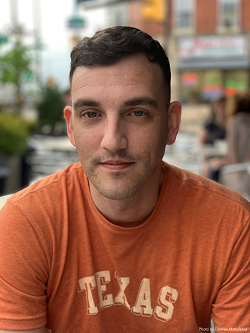
Rafi Mittlefehldt is a writer who has worked as a newspaper reporter, freelance theater critic, and children’s author. His debut novel was It Looks Like This. Rafi Mittlefehldt lives with his husband in Philadelphia.
Recycled candle tin .
Used Burts bees tin filled with melted recycled candle wax and new wick .
Any tin with a screw on lid can be used , old boot polish tins are great too .
These are perfect for long term storage in a Go bag or for emergency home use during powercuts .
Custom knives , sheaths and gear from [email protected]
Post link

